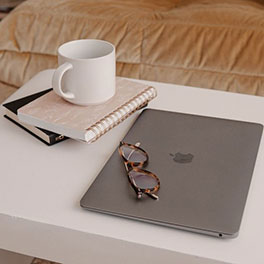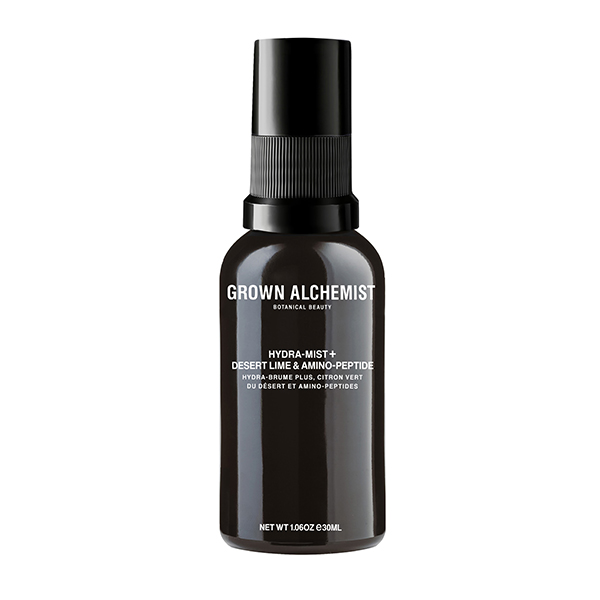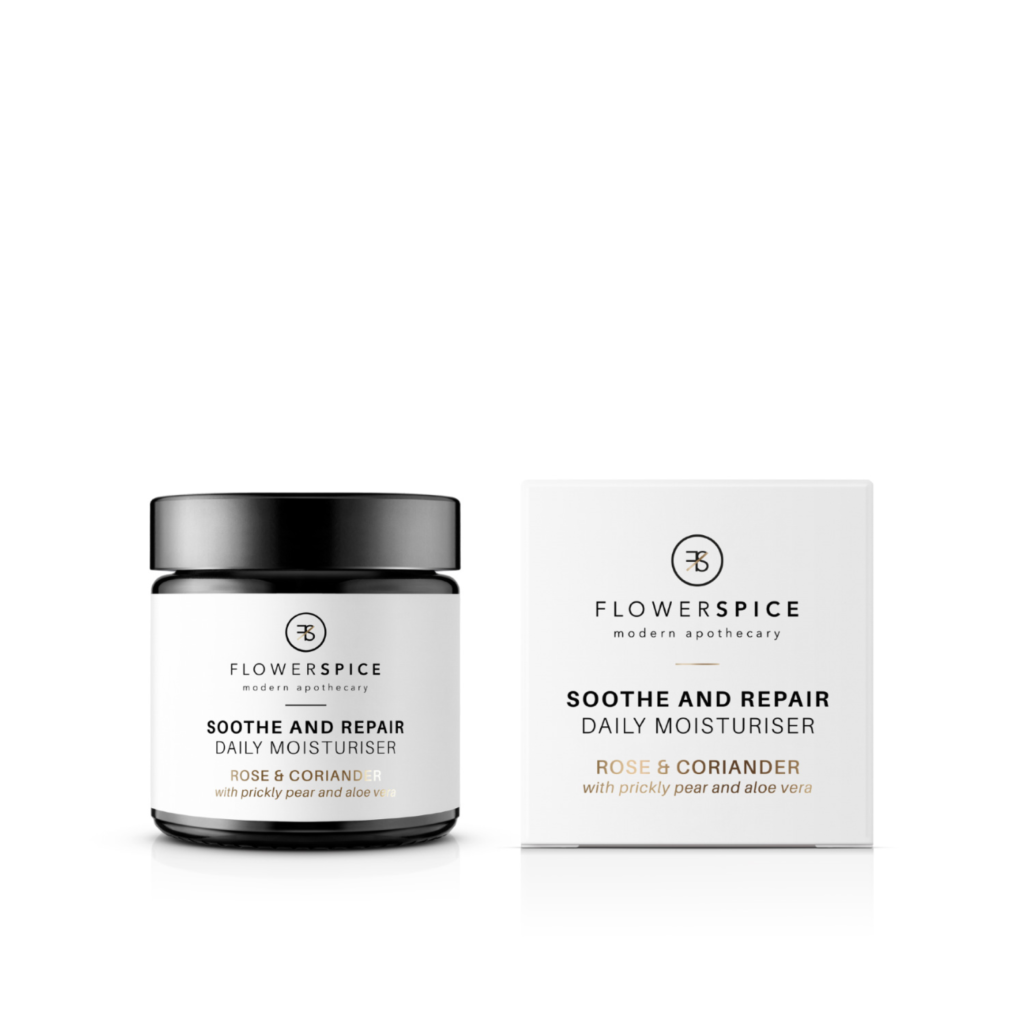Blue light: what is it and how can we reduce its impact?

At KŌNSE Beauty we have already talked about the enormous importance of adequately protecting the skin from the sun’s rays.
However, there is another type of light, or radiation, which has the ability to penetrate deeper into the skin compared with both UVA and UVB light, blue light. This type of light has the ability to penetrate to the deepest layers of our skin such as the dermis, where collagen and elastin are produced.
What is blue light and how does it impact our body and skin?
Surely there are still people who wonder: what is blue light and what effects does it have on the body?
Blue light is the light emitted by the screens of the devices we use every day: computers, telephones, televisions, tablets and others.
Many people spend an enormous amount of time in front of a screen every day, and the effects of this blue light can be felt at different levels.
For example, the eyes are one of the parts of the body that suffer the most with this light. It is advisable to take breaks while using the screen, blinking often and not exceeding the exposure time as much as possible.
But did you know that blue light also affects the skin? Skin experts say that exposure to this type of light generates free radicals, as does stress or pollution. This causes our cells to not perform their functions properly and, consequently, accelerates the aging process. In addition, exposure to this type of light at night can have an impact on the circadian rhythm of our body, making our cells “believe” that it is daytime, preventing them from starting their cell regeneration process that usually occurs at night.
Some of the clear signs of the effects of blue light on the skin are dryness and the appearance of spots caused by the loss of collagen, for example.
How to protect your skin from the effects of blue light?
It may seem like a somewhat worrisome problem. We are surrounded by screens, to a greater or lesser extent, so is there a way to protect ourselves from blue light?
The good news is that it is possible and, moreover, quite simple.
Ideally we should try not to be exposed more than the necessary time to screens and in any case take regular breaks during use. Naturally, staying hydrated and having a good rest will help your skin to continue to perform its functions well and regenerate its cells on a daily basis.
There are several mists that can help hydrate the skin and eyes during the day, for example the Grown Alchemist hydra mist offers hydration that minimizes dehydration and stimulates protection against water loss.
Dafna’s skincare toner contains natural quartz silica that helps damaged skin to grow back quickly.
Or Nuori’s Vital Unifier that infuses the skin with powerful hydrating ingredients.
Important is to take the same measures as you do against sun exposure: look for a good sunscreen.
The truth is that there are many products in the market, including good natural cosmetics, whose sun protection factor already includes the spectrum of blue light. At KŌNSE one of our favourites is Alex Carro’s Vitamin-Tech SPF 30.
This protector is formulated to protect and improve the skin on a daily basis. With an ultralight finish so that you can incorporate it into your day to day without problem, it is the perfect companion in any routine. Its natural mineral formula contains Macadamia, organic rice bran, vitamins B3 and E and Omega 6 + 9. And of course it protects from both UVB / UVA rays and blue light.
It is also advisable that you do not neglect the rest of your routine and give your skin adequate rest at night.
For example, FlowerSpice Soothing Moisturizer is designed to hydrate, soothe and protect the skin. Among its many natural ingredients, it contains rose essential oil, which is an antioxidant, helps eliminate free radicals and improves circulation. In addition, it is safe to use day and night and also around the eyes, making it a very versatile product.
Now that you are aware of the effects of blue light on you, what measures are you going to take?





